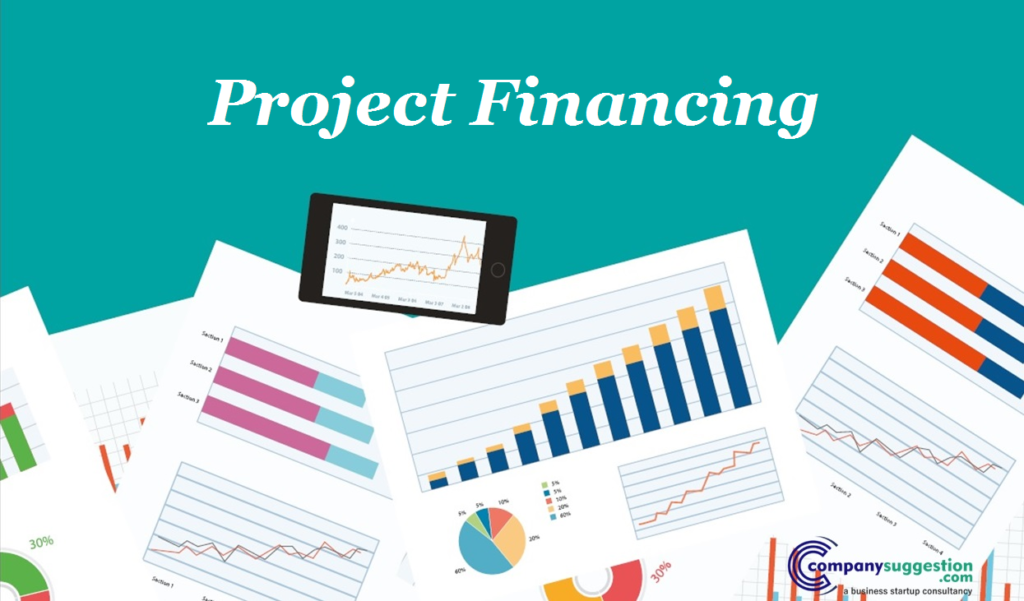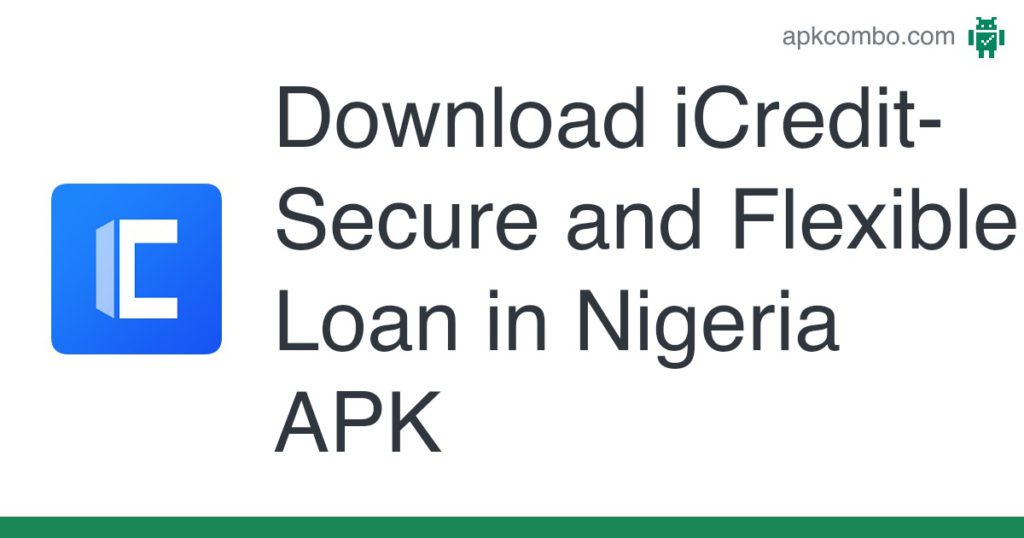What if you could eat your cake and have it too? If we are being honest, I have always wondered what that really meant. Like, why would you give me a cake if I can’t have it too? Anyway, before we get sidelined by cake (we can have that conversation another day), let’s focus on Hire Purchase.

Hire Purchase, I guess will fit the bill of eating your cake and having it too (you already know how I feel about that statement) as you mostly get to use the product you’re paying for.
What does Hire Purchase mean?
In the actual sense of the definition, it is a system by which one pays for a thing in regular instalments while having the use of it. For example, we can define a hire purchase car as driving the vehicle while making payments on it until it’s completely paid off.
This may sound similar to leasing a vehicle; however, the significant difference is that one doesn’t become an owner when renting a vehicle; it’s only driven for a time and then returned. With a hire purchase, you get to own the car after you complete the payments.
Common Use
Using hire purchase is common in industries where they use expensive or heavy machinery to run daily operational activities. Examples of such industries could include construction, manufacturing, engineering and professional services industry.
They can also use it to finance some other capital requirements of a business, for example, cars, phones and photocopiers
Read also: Equated Monthly Installment (EMI) In Loans – Everything you need to know
Benefits of a Hired Purchase Agreement
- You can spread payments of an asset over a while. Can be as long as 3 – 5 years sometimes
- You’ll own the asset after paying the last installment.
- Immediate use of the asset instead of waiting until you have saved the lump sum of the item.
- It’s a simple way of financing
- The interest rate is fixed, so both parties know what is due per time.
Disadvantages of Hired Purchase Agreement
- Since hire purchase is usually fixed, if you get into any financial difficulty, you could lose the asset and give up previous payments.
- There is typically an interest rate attached to the payment, so you’ll be paying more long-term versus if you paid outright.
- You don’t own the asset until it’s wholly paid off, which means the owner can seize the asset if you foul on their terms.
- The duration of the plan can be lengthy. Consider if it’ll still be worth it in the long run.
- In the purchase of an asset such as a car, if it gets stolen or an accident occurs that results in the total loss of the vehicle, there is typically no protection against that. Even where it’s insured, the full value of the car may not be recovered, which puts you in a shortfall.
Termination of a Hire Purchase agreement
Termination of a hire purchase agreement can take any of the following forms
- The terms and conditions as set out in the hire purchase agreement
- Parties agreeing to a renewal before the expiration of the current agreement
- When a notice of termination is given by either party
- The hirer has refused to exercise his option to purchase the goods even after the stipulated time
Conclusion
As discussed, hire purchases have their various advantages and disadvantages. It is a financing method that works well as long as you understand all the risks involved.
It is also good to know that financing assets like this is common, as this agreement typically works well for both parties.
If payments can’t be made because of financial hardship, we recommend that communication must prioritize the owner to avoid seizure of property. You can learn more about leasing here.









